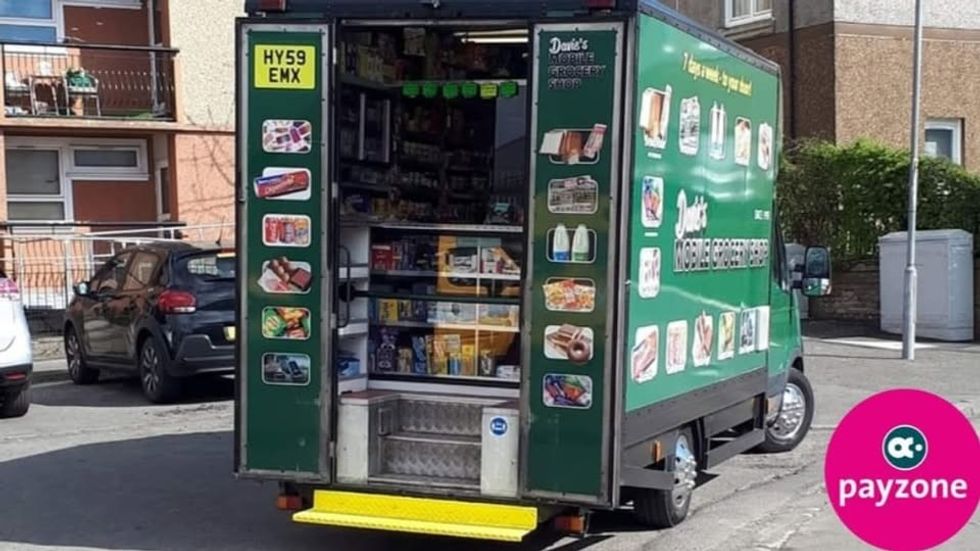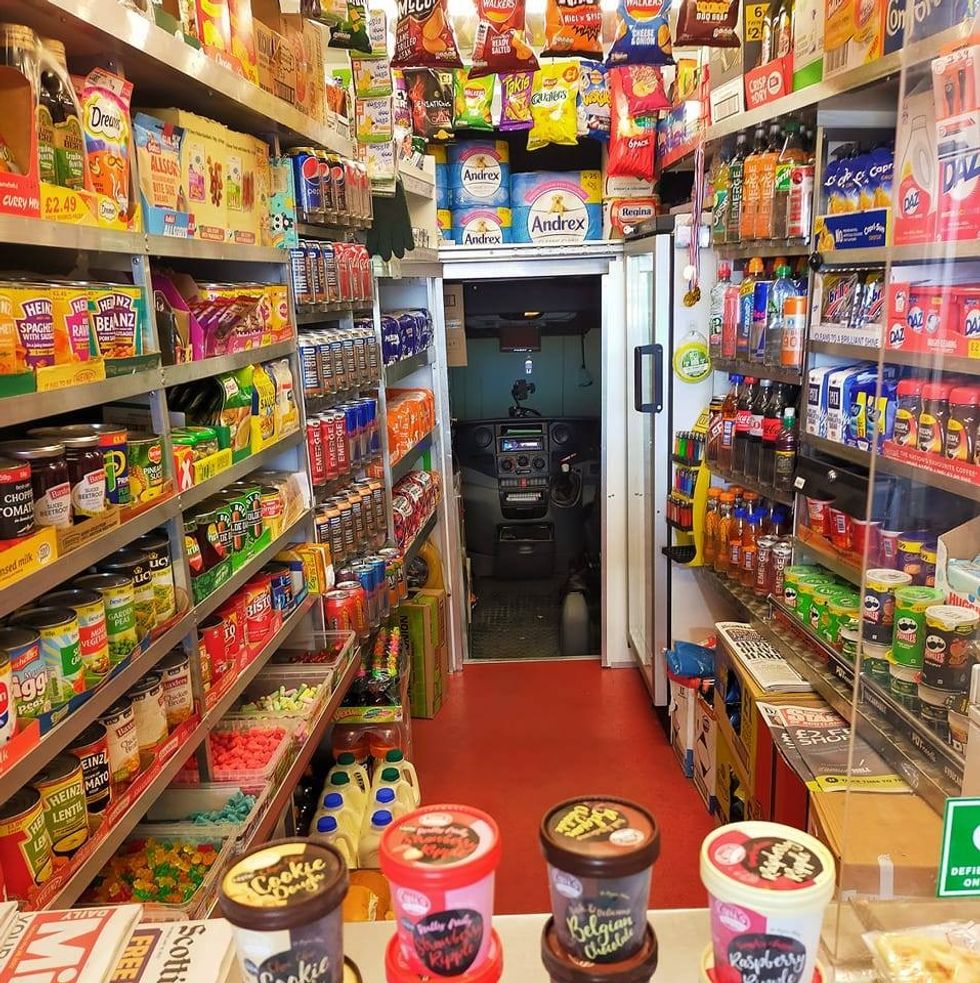A former pub will get a new lease of life after planners approved a proposal to convert it into a convenience store.
The Westcourt Arms in Canterbury Street, Gillingham, served its last pint in July 2019 and it was put up for sale by former owners Admiral Taverns shortly after.
The boozer on the junction with Gillingham Road had been going for 131 years and featured a beer cellar which was accessed via a tunnel under the road.
The building has been undergoing works to convert it into nine self-contained flats under separate, previously-approved plans.
Medway Council’s planning department accepted an application from Konuralp Investments for a shop which is tipped to create five full time jobs.



















 Davie’s Mobile Grocery Shop
Davie’s Mobile Grocery Shop Inside the Davie’s Mobile Grocery Shop
Inside the Davie’s Mobile Grocery Shop